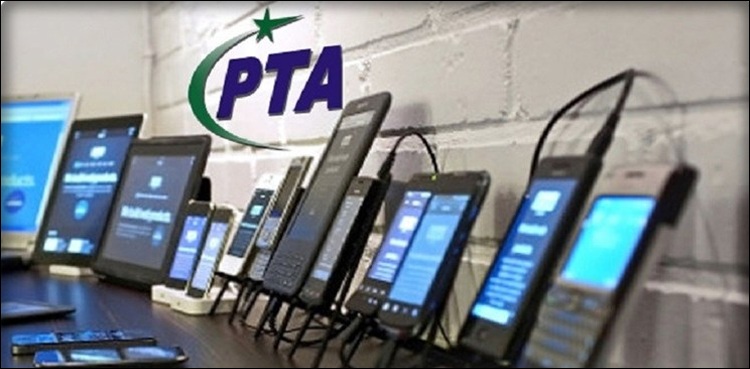Digital Rights Foundation Launched Curriculum On Online Safety

Digital Rights Foundation together with Friedrich Naumann Foundation for Freedom (FNF) launched the ‘Young Adults Curriculum’ to coach society on online safety. Online Safety of Young Adults Curriculum has been authored by Shmyla Khan, Muhammad Usman, and Seerat Khan. It’s been edited by Maryam Saeed, Nighat Dad.

The curriculum aims to assist students and youth develop an improved understanding of how the net world operates. The internet has become one of every of the foremost important aspects of our daily lives and has transformed the digital ecosystem of Pakistan. In keeping with Pakistan Telecommunication Authority (PTA) Internet usage has increased by 15 percent because the country adjusts to life under lockdown amid the coronavirus outbreak. Yet, there’s limited awareness about cybersecurity.
The main topics covered within the Curriculum are well-researched areas and ideas, which are still being developed across the world, and hope to tell Pakistani youth about digital literacy and rights. In Pakistan, there are incidents where men have attacked women for using the net in ways in which much of the remainder of the globe consider normal, like publishing photos of themselves on a Facebook page.

As we still shift to a world largely acting on technology, more and more children are spending time online. Many can hardly imagine a life with social networking and gaming etc. Online activity together with its uncountable benefits has exposed children to dangers lurking on the internet; abusive images being circulated, of predators, harassment, and bullying. Hence the curriculum provides information about important subjects like cyberbullying, consent, and data protection. It also offers young adults legal guidelines just in case they’re targets of online harassment.

As Pakistani students transitioned to online classes thanks to coronavirus, the gulf between access to the internet in urban and rural areas became more apparent. The curriculum also focuses on disparities in online spaces and access to technology. Further, the curriculum also educates young adults about ‘freedom of expression’ a subject widely misunderstood.
In Pakistan freedom of expression is guaranteed by Article 19 of the Constitution.13. There are certain limits on the liberty of expression, both online and offline. Under the Prevention of Electronic Crimes Act 2016, online speech is subject to restrictions in terms of prohibited criminal acts (such as hate speech, impersonation, spoofing, defamation, and cyber-terrorism.
Stay tuned to Grow Pakistani for Latest News and Updates.









